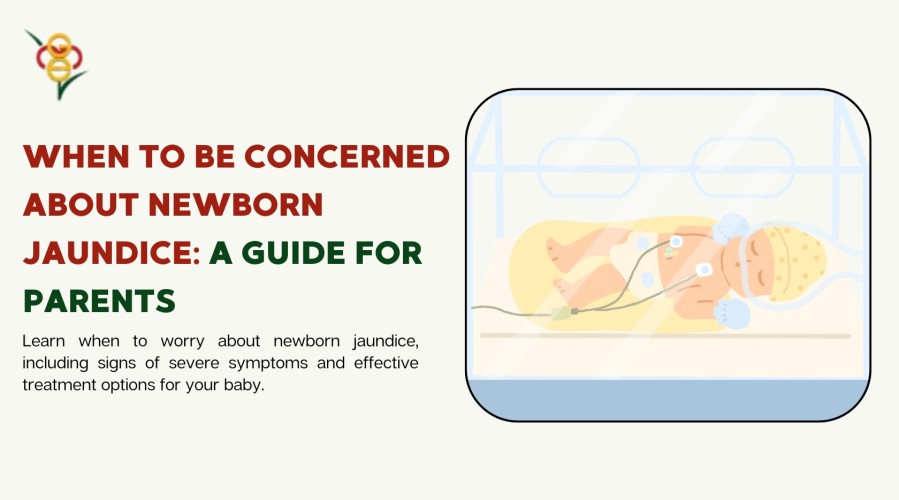Learn effective solutions for digestive problems with expert tips to improve gut health, reduce discomfort, and maintain a healthy digestive system.
When Should Parents Worry About Newborn Jaundice?

Newborn jaundice is a common condition, affecting over half of infants shortly after birth. However, it can be concerning for new parents to see their baby’s skin and eyes turning yellow. This article provides essential insights into when you should be concerned about newborn jaundice and what steps you can take.
Understanding Newborn Jaundice
Jaundice occurs when there is a buildup of bilirubin, a yellow pigment produced during the normal breakdown of red blood cells. Babies, especially newborns, often have a high level of bilirubin since their liver is still maturing and might not be efficient at processing it. In most cases, this condition is mild and resolves without treatment within 2 to 3 weeks.
Signs to Monitor in Your Newborn
It's vital to observe how the jaundice progresses, especially in the first week after birth. Typically, jaundice appears first on the face, then moves to the chest, stomach, and finally, the legs. Here are some signs that you should monitor:
- Progression and Persistence: If the yellowing spreads or becomes more intense rather than gradually decreasing, it’s important to consult a pediatrician.
- Behavior Changes: Watch for signs like your baby becoming fussier, having difficulty waking up, or changes in feeding habits.
When to Seek Medical Advice
While most jaundice is not a cause for alarm, certain conditions make it necessary to seek immediate medical attention:
- Intense Yellowing: If the yellowing is intense or starts to appear on the body quickly.
- Duration: If your baby's jaundice lasts longer than two weeks.
- Dark Urine or Pale Stools: This can indicate that the liver is not processing bilirubin correctly.
Treatment Options for Newborn Jaundice
Treatment for newborn jaundice can vary depending on its severity. Mild cases might not need treatment other than regular monitoring and making sure the baby feeds well, which helps the liver process bilirubin. More severe cases may require:
- Phototherapy: This treatment uses blue spectrum light to break down bilirubin in the skin.
- Exchange Transfusion: In extreme cases, this procedure involves small amounts of the baby's blood being replaced with donor blood to quickly reduce bilirubin levels.
How to Help Your Baby at Home
While medical treatments are determined by doctors, parents can also play a supportive role in managing newborn jaundice:
- Ensure Proper Feeding: Feeding your baby frequently to promote regular bowel movements can help reduce bilirubin levels.
- Monitor Sun Exposure: Mild sunlight can help break down bilirubin, but it's important to avoid direct sun exposure, which can be harmful to infants.
When Is It Time to Worry?
If you notice any of the concerning signs mentioned above or if your baby’s condition seems to worsen, do not hesitate to contact your healthcare provider. It’s better to err on the side of caution when it comes to the health of your newborn.
Schedule a Visit to GEM Hospital
If you have concerns about your newborn's jaundice, or if you notice any symptoms that seem unusual, it's wise to schedule an appointment with a specialist. At GEM Hospital, our team of pediatricians is equipped to handle all aspects of newborn care, including the effective management of jaundice. Contact us to ensure your little one receives the best possible care in these early, important days.
Blogs & Article
Explore current research trends in digestive health, including new treatments, advanced diagnostics, and innovations improving gut health and patient care.
Discover common digestive health myths and the real facts. Learn simple tips to improve gut health and maintain better digestion for a healthier life.


